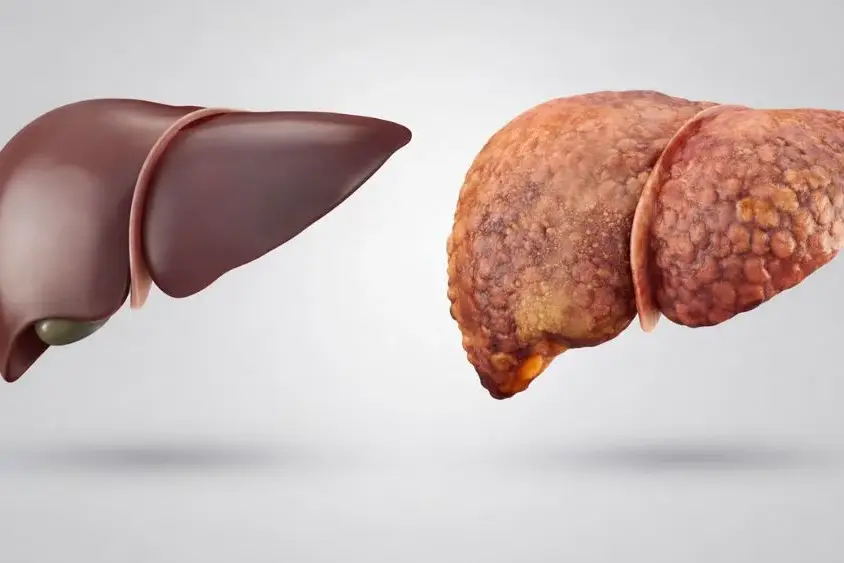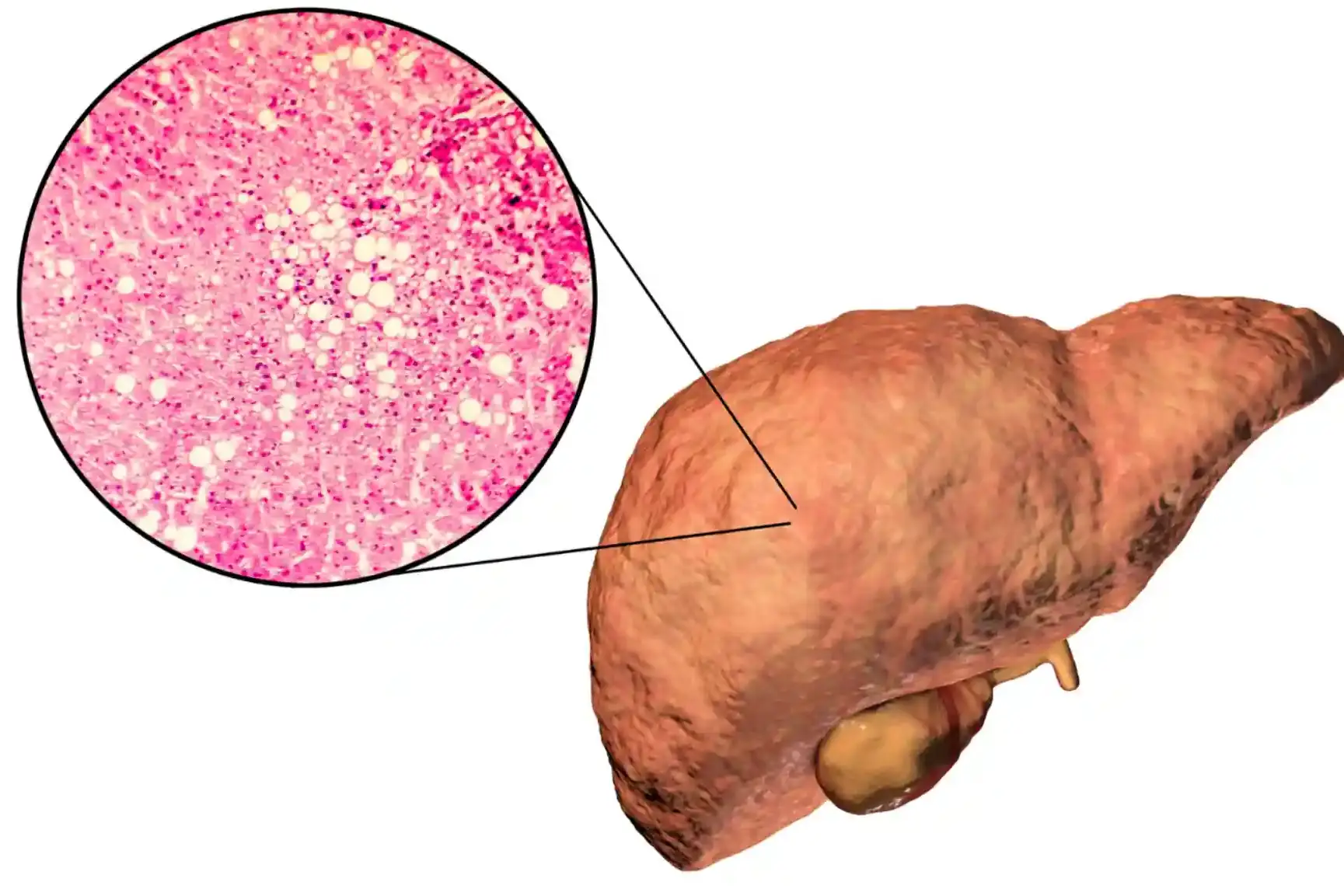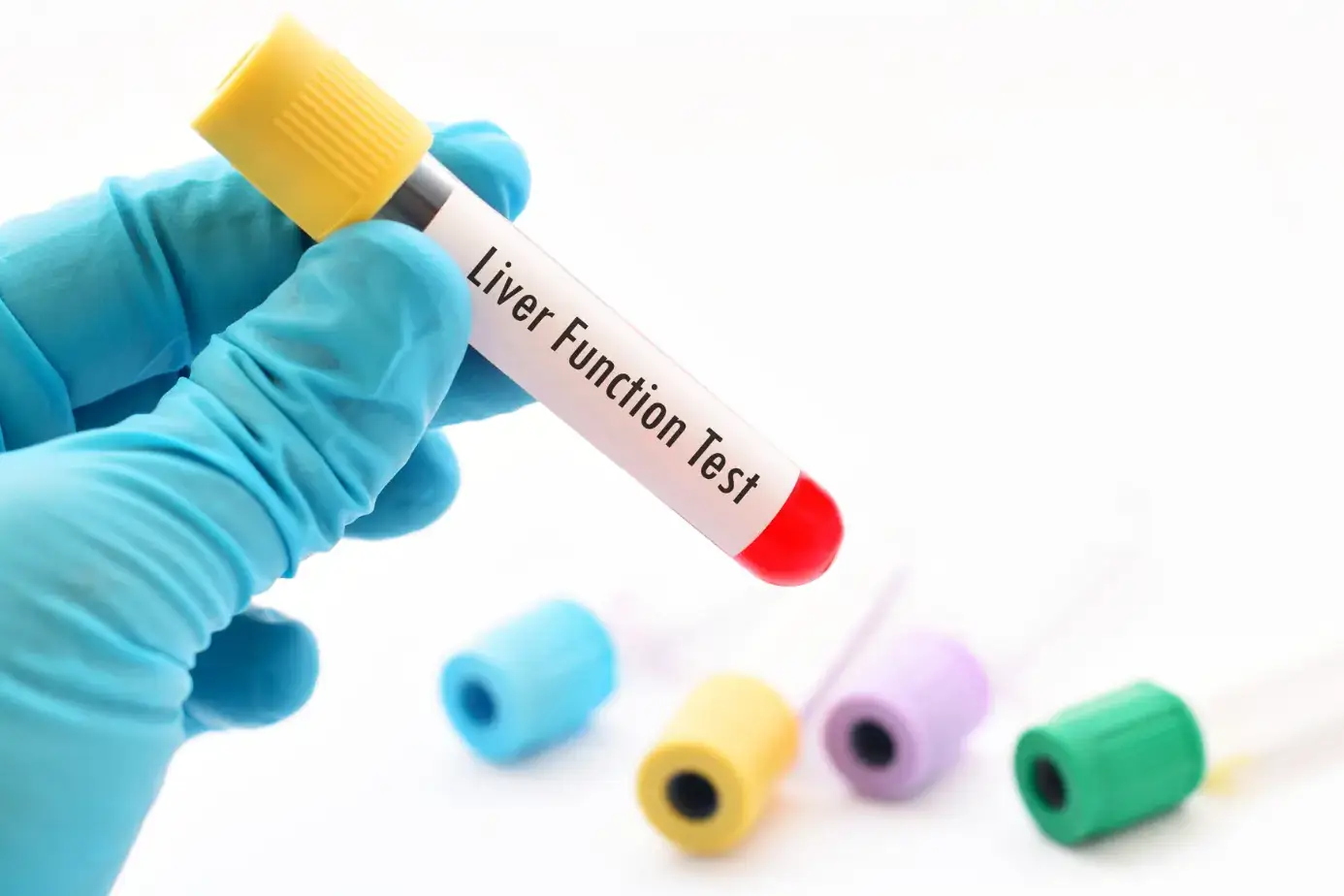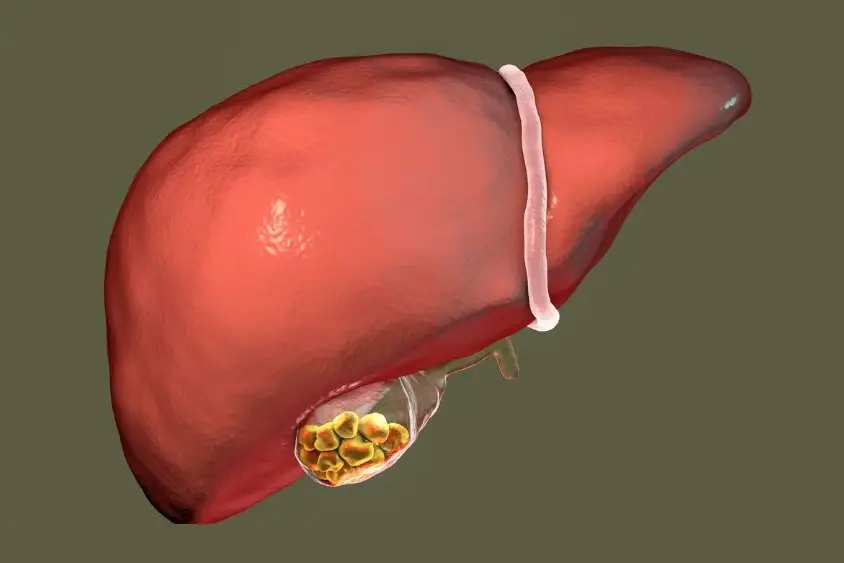After a colonoscopy, it’s key to slowly add back foods that are easy on your stomach. This article will help you know when and how to add squash and other foods to your diet. This will help you recover smoothly.
Table of Contents
ToggleKeeping to a diet that’s easy to digest is vital for your colon and digestion. Learning about gentle foods and when to eat them will help you get through the post-colonoscopy time. You’ll feel more confident and ensure a good recovery.
Introduction to Post-Colonoscopy Diet
After a colonoscopy, your body needs time to heal. Doctors suggest a gentle, low-fiber diet. This diet includes easy-to-digest foods and clear liquids. They help your digestive system and make bowel movements comfortable during healing.
Importance of a Gentle Diet After the Procedure
A colonoscopy can be tough on your colon. It’s important to give your body the right food to recover. Eating a diet low in fiber helps your digestive system rest and get back to normal. This prevents discomfort and other problems while you heal.
Overview of Recommended Foods and Beverages
- Clear liquids like water, broth, tea, and fruit juices
- Soft, cooked vegetables such as carrots, green beans, and squash
- Refined grains like white rice, white bread, and refined pasta
- Lean proteins including poultry, fish, tofu, and eggs
- Low-fat dairy products like milk, yogurt, and cheese
- Healthy fats from sources like olive oil, avocados, and nuts
Focus on staying hydrated and eating gentle carbs and nutrient-rich foods. Avoiding high-fiber, spicy, and greasy foods helps your digestive system heal.

Hydrating with Electrolyte-Rich Fluids
After your colonoscopy, it’s very important to stay hydrated. Your doctor will tell you to drink electrolyte-rich fluids. These drinks help replace lost fluids and electrolytes. They also make digestion easier and help your bowels work right as you get better.
Sports Drinks and Fruit Juices
Sports drinks like Gatorade or Powerade are great for post-colonoscopy hydration. They have the right mix of electrolytes, like sodium and potassium. Fruit juices, especially apple or white grape, are also good for electrolyte replenishment.
Herbal Teas and Broths
You can also drink clear liquids like herbal teas and broths. These warm drinks are easy on your stomach as you heal. Choose herbal teas without caffeine and broths that are low in fat and easy to digest.
It’s important to keep drinking to stay hydrated and replace electrolytes. Drink these post-colonoscopy hydration options all day. They help your body recover and make you feel better.

Easy-to-Digest Carbohydrate Options
After a colonoscopy, your body needs time to heal. It’s important to eat easy carbs that don’t upset your stomach. Good choices include plain crackers, white bread toast, Jello, pudding, and applesauce.
Plain Crackers and Toast
Choose plain, low-fiber crackers and white bread toast. These are soft and easy on your stomach. They give you energy without making your gut work too hard. Stay away from whole-grain breads and crackers for now.
Jello, Pudding, and Applesauce
Jello, pudding, and applesauce are soft and easy to digest after a colonoscopy. They offer carbs in a gentle way. This makes them great for starting to eat solid foods again. Avoid high-fiber fruits and veggies for now.
By eating these easy carbs, you help your body recover slowly. It’s a step towards eating a more varied diet again. Always talk to your doctor about what’s best for you after a colonoscopy.

Protein-Rich Yet Mild Foods
After a colonoscopy procedure, it’s key to add post-colonoscopy protein to your diet. This helps with healing. Choose gentle proteins that are easy to digest. Good options include scrambled eggs, yogurt, and soft, white fish.
Scrambled Eggs and Yogurt
Scrambled eggs are a top choice for protein that’s easy on your stomach. Add plain, unsweetened yogurt for more post-colonoscopy protein. Together, they offer the nutrients your body needs to heal.
Soft White Fish with Minimal Seasoning
Wild-caught white fish like Alaska pollock, bass, cod, grouper, haddock, or halibut are great digestible proteins. They’re mild and easy to digest. Best when cooked simply, like baking or broiling.

Choosing post-colonoscopy protein sources that are gentle helps your body heal. It also reduces stomach upset. Start with small amounts and drink plenty of water while you recover.
Low-Fiber Fruits and Vegetables
Fresh fruits and veggies are usually good for you. But, they can be hard to digest after a colonoscopy because of their fiber. Look for low-fiber foods that are easy on your stomach.
Canned fruits like peaches and pineapple are good choices. The canning process makes them easier to digest. Baked or mashed potatoes are also great. They give you carbs without the fiber problems.
Canned Fruits for a Soothing Post-Colonoscopy Diet
Canned peaches and pineapple are perfect after a colonoscopy. The canning makes them softer and less fibrous. Enjoy them cold or at room temperature for a tasty snack.
Baked and Mashed Potatoes: Comforting Carb Options
Potatoes are full of carbs that are easy on your stomach after a colonoscopy. Choose baked or mashed potatoes for a gentle option. Stay away from fried or heavily seasoned potatoes, as they can be tough to digest.

Squash After Colonoscopy
After a colonoscopy, it’s key to slowly add vegetables back into your diet. Squash is a good choice because it’s full of nutrients and easy to digest. Just make sure to cook it in a way that’s gentle on your stomach.
Introducing Squash Gradually
Begin by adding small amounts of cooked, mashed squash to your meals. This helps your body get used to it slowly. Watch how your body reacts and gradually add more squash as you go.
Preparing Squash in a Digestible Manner
Choose cooking methods that soften squash, making it easier to digest. Baking, roasting, or steaming until it’s soft is best. Stay away from raw or hard squash for now.
It’s important to listen to your body and add foods like squash slowly. This way, your digestive system can adjust at its own pace. Being patient and careful will help you safely add squash and other veggies back into your diet.
Beverages to Avoid After a Colonoscopy
After a colonoscopy, it’s key to watch what you drink. Some drinks can upset your stomach and make discomfort worse. Avoid alcohol and carbonated drinks.
Alcoholic Drinks
Don’t drink alcohol for a few days after a colonoscopy. It can irritate your stomach and cause bloating. Choose water or other non-alcoholic drinks to help your body heal.
Carbonated Beverages
Also, skip drinks like soda and sparkling water. They can make you feel bloated and uncomfortable. Stick to still water to stay hydrated.
By not drinking alcohol or carbonated drinks, you help your body recover. Drinking gentle, hydrating fluids will make you feel better. It helps you get back to your normal life faster.
High-Fiber and Difficult-to-Digest Foods
After a colonoscopy, it’s smart to avoid foods that are hard to digest. These foods can make your body uncomfortable. They are tough for your digestive system to handle.
Whole Grains and Tough Meats
Whole grains like brown rice and whole wheat bread are high in fiber. They can be hard on your stomach after a colonoscopy. Also, meats like beef and pork are tough to digest during this time.
It’s best to skip these foods. This lets your digestive system rest and heal.
Fried and Heavily Spiced Foods
Fried foods and dishes with lots of spices can be bad after a colonoscopy. They have a lot of fat and strong flavors. These can upset your stomach and cause problems.
Stay away from fried and heavily spiced foods while you’re recovering. Focus on foods to avoid after colonoscopy that are easy to digest. Choose low-fiber foods and non-spicy proteins. This helps your body heal and makes recovery smoother.
Potential Complications and When to Seek Help
Most people feel better after a colonoscopy. But, some complications can happen. Look out for signs like persistent rectal bleeding, severe stomach pain, or fever. If you see these, get help right away.
Signs of Infection or Serious Discomfort
Some people might get an infection or feel really uncomfortable after a colonoscopy. Watch for fever, bad stomach pain, or trouble with gas or bowel movements. These could mean you need to see a doctor fast.
When to Contact Your Healthcare Provider
If you’re worried about how you feel after a colonoscopy, call your doctor. They can check you out and help if you need it. Your health is very important. It’s always safer to get help if you’re unsure.
FAQ
What foods should I eat after a colonoscopy?
After a colonoscopy, start with easy foods. Try clear liquids like sports drinks and fruit juices. Also, soft foods like crackers and applesauce are good.
How much squash can I eat after a colonoscopy?
Squash is good for your diet after a colonoscopy. But start small. Eat well-cooked, mashed squash first. Watch how your body reacts before eating more.
What beverages should I avoid after a colonoscopy?
Avoid drinks that can upset your stomach. Stay away from alcohol and carbonated drinks. They can cause bloating and discomfort.
What are some high-fiber and difficult-to-digest foods I should avoid after a colonoscopy?
Avoid foods that are hard to digest. Stay away from whole grains and tough meats. Also, fried foods and spicy dishes are best avoided.
When should I contact my healthcare provider after a colonoscopy?
If you have fever, severe pain, or trouble passing gas, call your doctor. Also, if you have bloody stools or feel very lightheaded, seek help right away.
Source Links
About The Author

Medically reviewed by Dr. Nivedita Pandey, MD, DM (Gastroenterology)
Dr. Nivedita Pandey is a U.S.-trained gastroenterologist and hepatologist with extensive experience in diagnosing and treating liver diseases and gastrointestinal disorders. She specializes in liver enzyme abnormalities, fatty liver disease, hepatitis, cirrhosis, and digestive health.
All content is reviewed for medical accuracy and aligned with current clinical guidelines.





